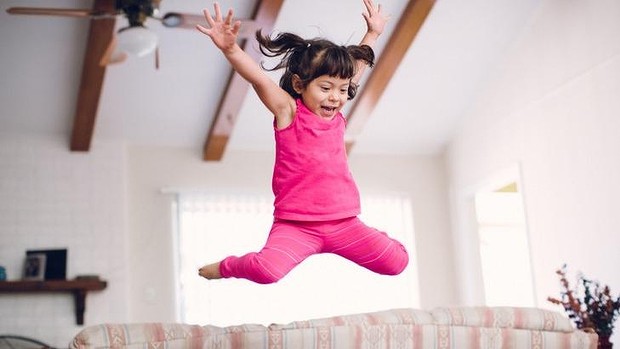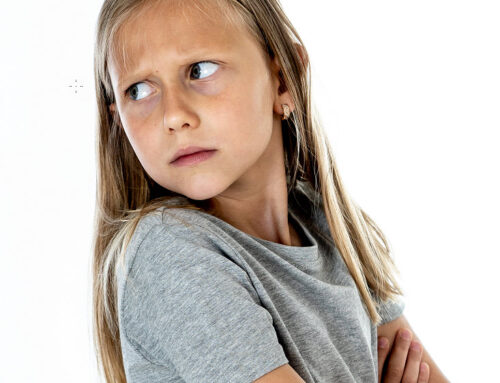Playful Parenting prevents Child Anxiety
A study recently released by Australian and Dutch researchers found parents play a role in protecting preschoolers from becoming anxious.
When parents encourage their child to take risks, actively play, experience mild teasing and fright, they can become more assertive and take risks.
In a study conducted by the University of Rio Grande, Brazil, on anxiety levels of children 5 to twelve years undergoing surgical medical procedures, results showed that soon after arriving at the outpatient surgical centre, the children did not have significant differences regarding anxiety, as they were all showing a high degree of concern about their procedures. However, after 15 minutes undergoing playfulness intervention, the children in the recreation group had reduced anxiety levels and those who did not participate in the control group, remained anxious.
Playfulness can aid in developing greater reductions in attention problems, anxiety symptoms, and behaviour issues. Playing with your child demonstrates positive modelling as you the parent choose to fall, fail, be defeated, succeed, laugh and tumble.
Anxiety is associated with future outcomes resulting in obsessive worries, anticipatory failures, and disastrous outcomes. Anxious children tend to selectively allocate information processing resources toward the threat while often missing or ignoring other, more relevant information such as avoidance and success. Their focus is mostly on the negative result.
Currently around seven percent of Australian children aged between four and 17 years suffer anxiety issues. Comparably, depression statistics for children are similar.
Aiding your child to develop resilience and coping skills is essential for their mental and emotional health alleviates many anxious issues. Playfulness helps the child to adjust to their environment and reduce distressing effects of an anxiety-provoking event. This is best achieved when the child in under school age however children in primary school will also benefit from playful interaction with parents and peers.
Playfulness increases the resilience and capabilities in human beings. It is a natural and normal behaviour that aids to develop:
- resilience
- coping skills
- experimentation
- special awareness
- social skills
- vocabulary
- disappointment or failure
- personality development
- sense of humour
- spontaneity
- physical co-ordination including fine and gross motor skill development
Parents that engage with their children in role play, rough and tumble play, startling their child on occasion, all aid the child to develop these necessary skills for live. When they fall, we pick them up, dust them off and keep playing which teaches them physical resilience.
While this is essential learning for all children it remains necessary for parents to listen to any concerns or fears their child experiences. Often is a child has raised an issue of fear or apprehension in undertaking a specific task, support your child assisting to complete that task until achieved, is important. It is also wise to find a book, or make up a story, that fits within the child’s concern and tell that story with a positive outcome to demonstrate to the child to opportunity to defeat their fear is achievable.
It is often a matter of building up the self confidence in the child. This allows the child to understand that tasks can sometimes be scary, tasks may sometimes fail, yet we can continue to try and eventually we hope to succeed. Reassure your child and find a positive in all they do.
The message to all parents is to Play with your children. Allow your child to take calculated risks, laugh with them, dust them off if they fall and always spend time speaking with and listening to your child. All this help to develop your child’s personality, resilience, attitude to living which will be taken through their life. It enables them to feel empowered, capable and happy.
Enjoy your children as you interact, play and enhance their experiences.
Read more from Dr Karen






